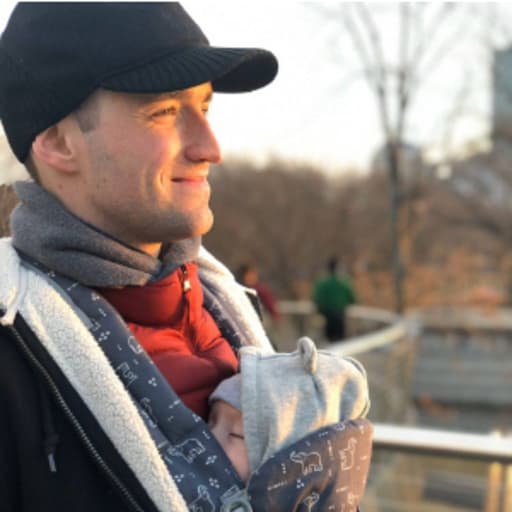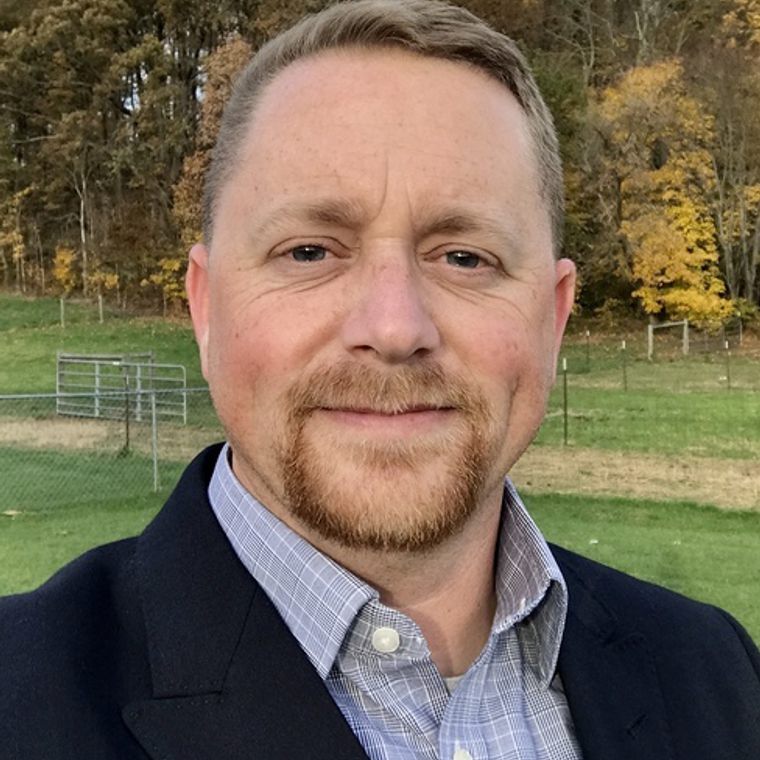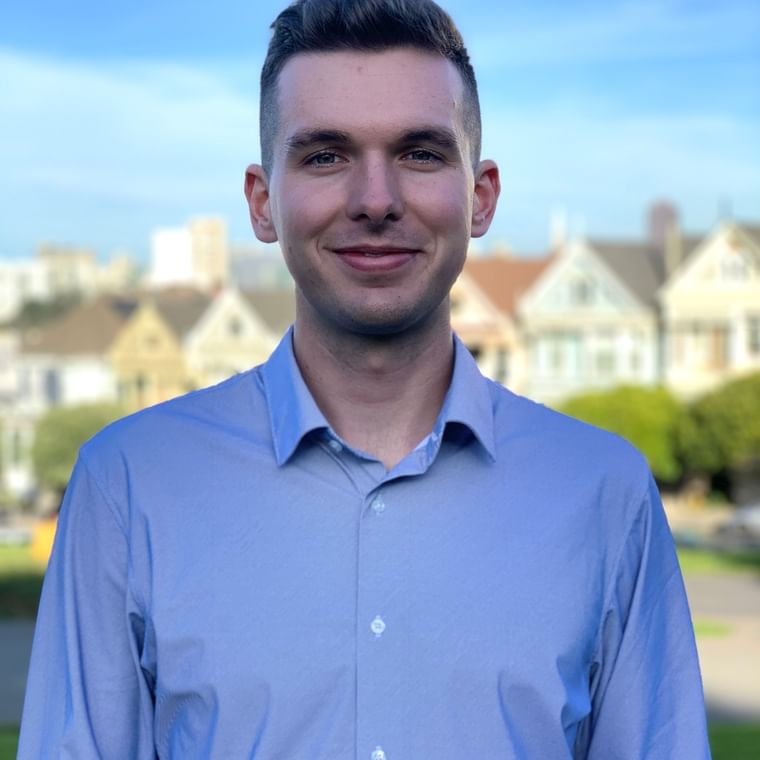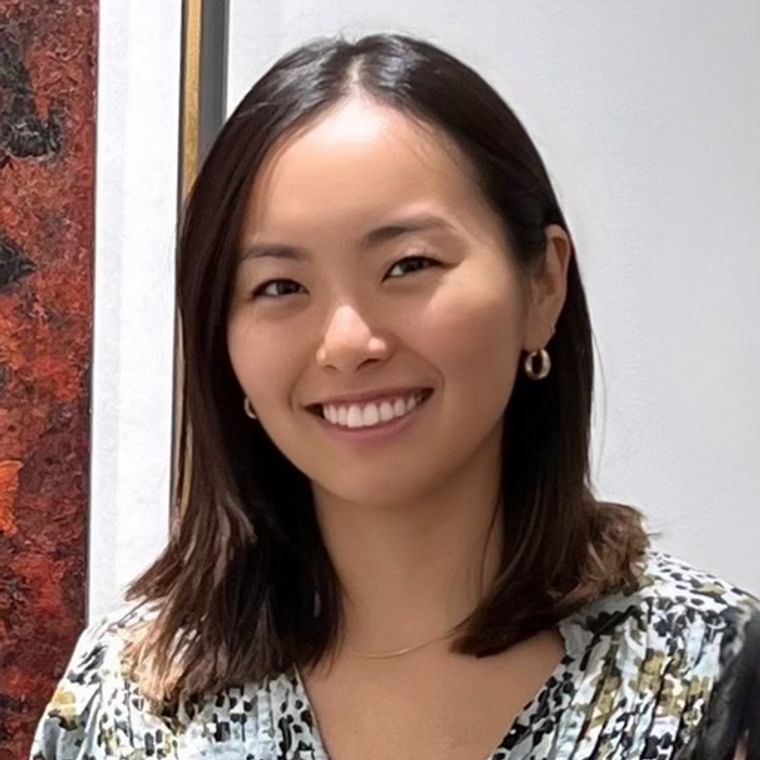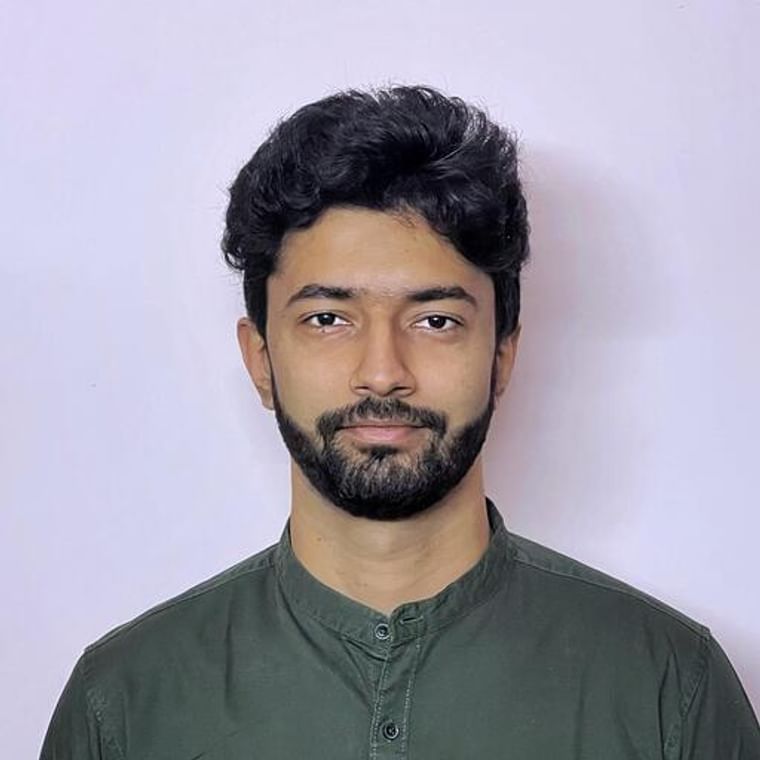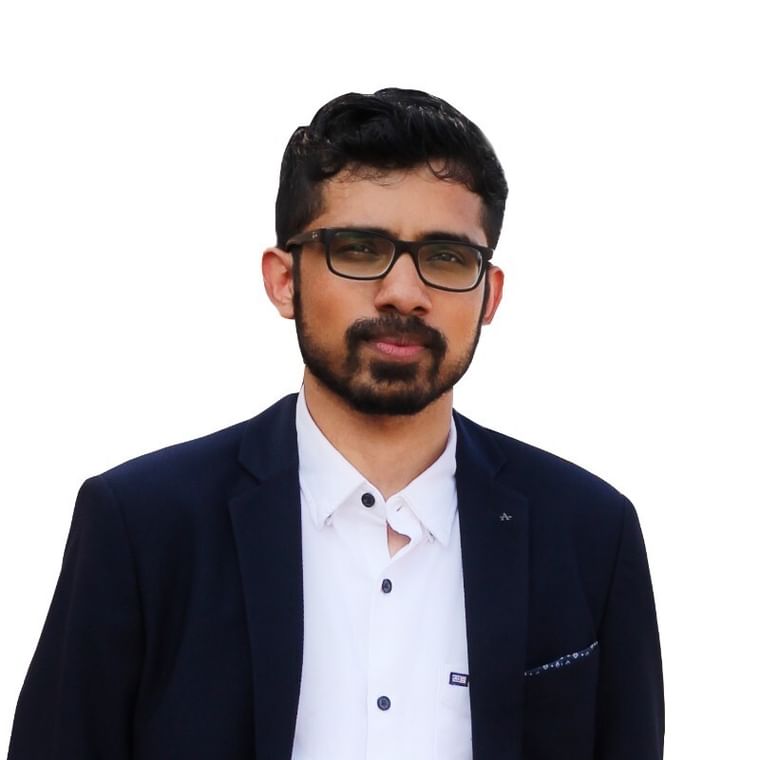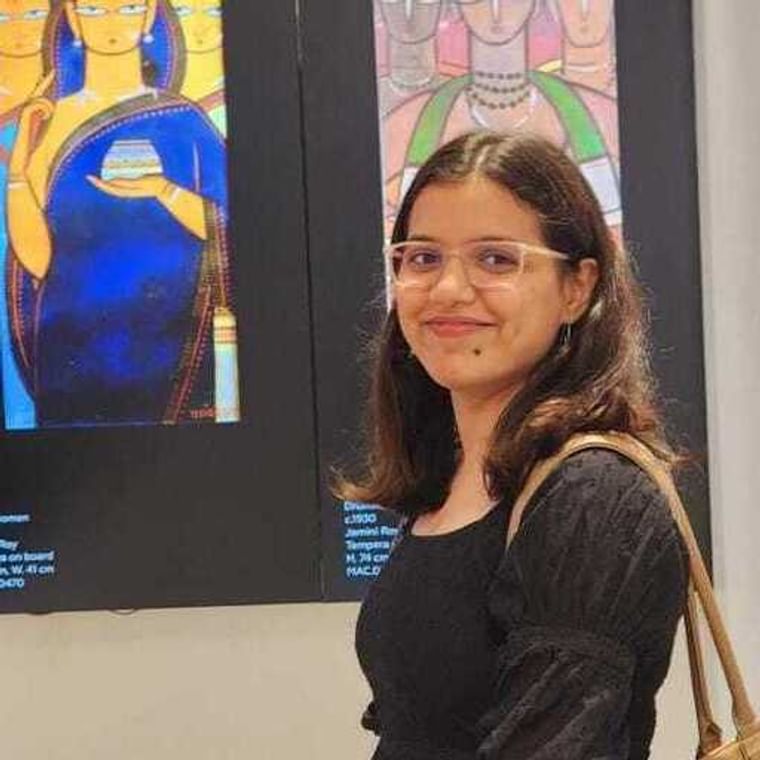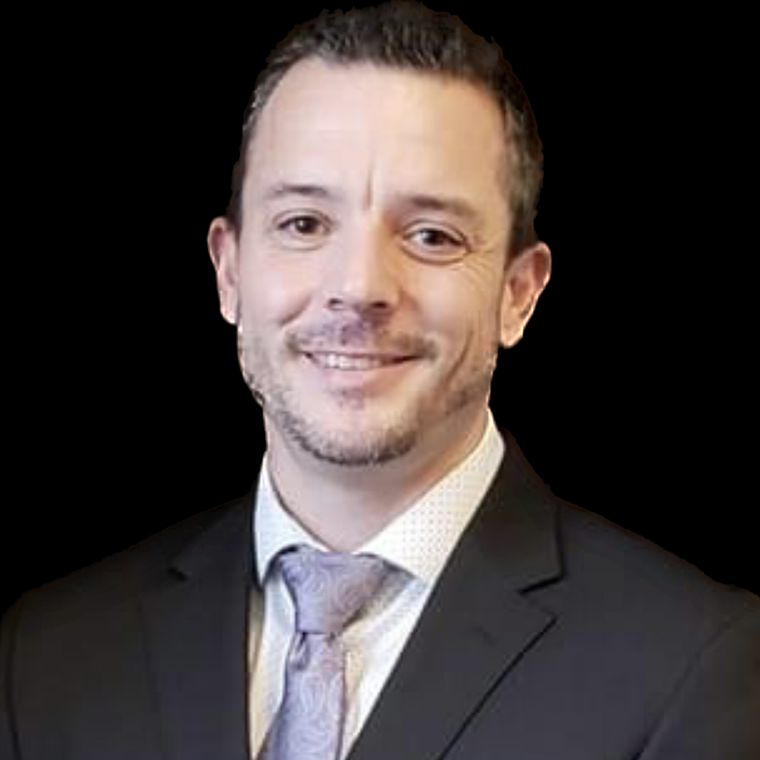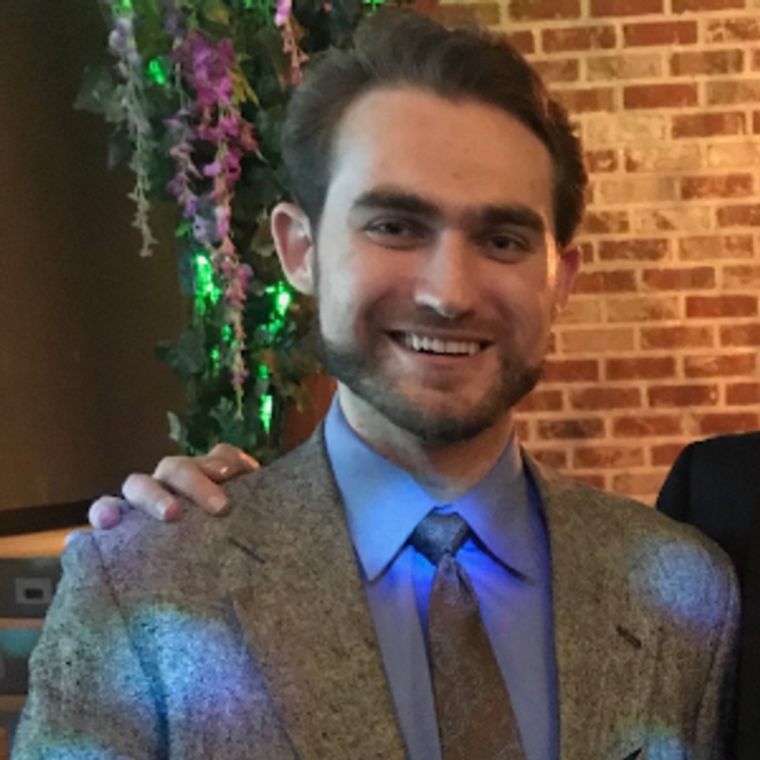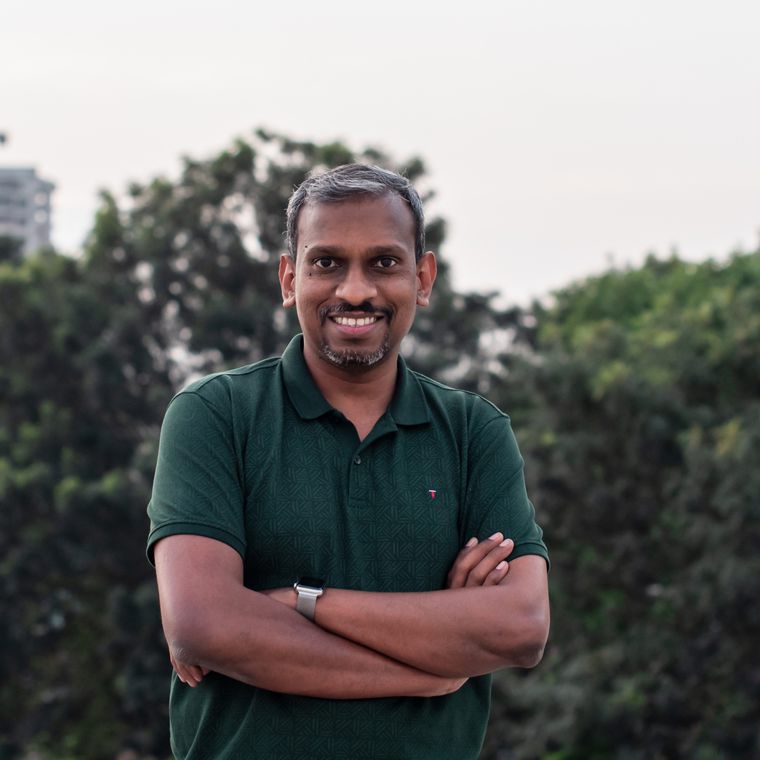Abnormal Voices: Meet Ievgenii Baliuk, Staff Software Engineer
Curious, Analytical, Pragmatic.
What do you do at Abnormal?
I work as an architect on the Platform and Infrastructure team with a specialization in Engineering Effectiveness. I make sure engineers can focus on solving business problems instead of fighting platform inefficiencies. A big part of my job is anticipating and preventing roadblocks related to scaling and change delivery so our teams can keep moving fast and securely.
How has your career evolved?
I started as the only engineer on the Engineering Effectiveness team. Over time, I built and expanded the team across multiple regions, which let us take on bigger, more impactful projects. In the beginning, I focused on things like improving security for third-party dependencies and making continuous deployment smoother. Now, I spend more time identifying key projects, growing the team, and making sure we scale the right way. I love the mix of leadership and hands-on engineering—it keeps me challenged and engaged.
What's been your most rewarding project?
The Python upgrade project, which turned into a full-scale modernization of our service architecture and deployment pipeline. It wasn’t just about upgrading Python—it meant standardizing container definitions, preparing for Kubernetes migration, and improving our machine learning stack. This project touched almost every engineering team, and it was exciting to work across so many different areas. One big win was reorganizing our async processing pipelines, which unlocked long-awaited architectural improvements.
What's an interesting technical challenge you've tackled recently?
Right now, I’m focused on implementing our platform’s Cellular Architecture. The big challenge is figuring out how to handle data orchestration efficiently in a distributed system. Breaking down a big, high-level vision into realistic milestones that different teams can work on independently has been key to making progress.
What makes Abnormal's tech stack unique?
We choose technology based on reliability and long-term maintainability, not just because it’s trendy. That means we can focus on fighting cybercrime instead of troubleshooting bleeding-edge infrastructure. Our stack is built on proven, well-documented tools that help us scale smoothly and tackle high-impact problems efficiently.
How has working with AI influenced your engineering approach?
I went from being skeptical to seeing AI as a real asset. It’s especially helpful for documentation and debugging - it turns messy thoughts into structured ideas and makes it easier to keep documentation clear and useful. It also speeds up coding and troubleshooting, which lets me focus on bigger challenges. AI has made me think more about how to evaluate and refine content rather than just producing it.
What excites you most about the future of AI in your role?
AI is changing the way we solve problems. I now automate tasks I used to handle manually, from quick data analysis to workflow automation. AI isn’t just about making existing tasks faster. It's opening up new ways of working that free up time for more interesting engineering challenges.
How would you describe the balance between independent work and collaboration in your role?
It depends on the project. Some require deep individual focus, while others need a lot of cross-team coordination. The trick is finding the right balance and moving fast independently while making sure collaboration adds value and doesn’t slow things down.
What's surprising about Abnormal's engineering culture?
What might surprise people about Abnormal's engineering culture is our relentless focus on impact, even as we've grown beyond typical startup size. The most striking example is how we approach prioritization - I've had to abandon technically sound ideas not because they wouldn't benefit the company, but because there were even more impactful opportunities to pursue. This is quite different from my experience at other companies, where the challenge was typically finding beneficial projects to work on.
Our culture is distinctly impact-oriented - we constantly question our initiatives, challenge our assumptions, and redirect our efforts based on where we can create the most value. What makes this special is how the entire engineering team aligns around this mindset, pushing each other to make better decisions and strengthen our engineering practices every day.
What flexibility do you have in structuring your workday? How does this impact your productivity and personal life?
I have significant autonomy in structuring my workday, which has been instrumental in optimizing both my work effectiveness and family life. Abnormal empowers me to own my schedule, allowing me to align my most productive hours with critical work initiatives while being present for important family moments. This flexibility has enabled me to establish a work rhythm that maximizes my focus and productivity while maintaining meaningful engagement with my family when they need me.
What motivates you to come to work everyday?
I love the constant learning and growth. Every day at Abnormal Security has presented opportunities for growth and skill development. When I first joined, this meant mastering new technical tools - from internal systems to Terraform and previously unfamiliar AWS components. As I progressed, the growth opportunities evolved to include higher-level challenges, like breaking down complex initiatives and helping others execute them effectively.
What makes this continuous growth possible is the consistent support I receive from both my team and leadership. This supportive environment creates a positive feedback loop - each day brings new opportunities to push my boundaries and develop my capabilities, which in turn motivates me to see how much further I can grow.
What's a common misconception about your role?
People assume Engineering Effectiveness is just about tooling, but it’s so much more than that. We oversee the whole software development lifecycle—everything from keeping the main branch stable to improving deployment processes. Our work directly impacts how fast and securely teams can build and ship products, which has huge business value.
Why do you stay at Abnormal?
The mission to fight cybercrime is more important than ever, especially with AI introducing new security challenges. These are challenges that the world has never seen before, and it gives my work meaningful purpose. But just as important is the team—working with smart, pragmatic engineers makes every day rewarding. The culture of focusing on impact keeps me engaged and always learning.
What advice do you have for engineers considering Abnormal?
If you’re thinking about it, don’t wait. The best fits here demonstrate genuine curiosity about technical problems, remain open-minded when exploring solutions, and aren't afraid to experiment with different approaches during technical discussions. These traits reflect our engineering culture, where we value pragmatic problem-solving and intellectual curiosity over just knowing the 'right' answers.
_________
Abnormal is a place where engineers don’t just write code—they innovate, experiment with AI, and redefine how we fight cybercrime. If you want to work somewhere that values curiosity, impact, and cutting-edge technology, now’s the time to explore our open roles. Come build, experiment, and grow with us.
